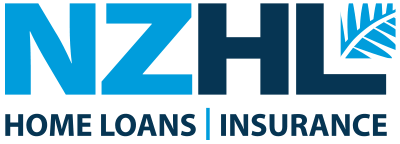Keeping on top of your accounts is not only good practice but will keep money in your pocket and make future borrowing easier.
Most lenders have a $10-$15 charge anytime you go over your limit. An example of this is if you have a $10,000 transactional loan facility, your balance is -$9800 and you have a $300 direct debit (DD) come through. The $300 DD will typically be allowed, your balance will increase to -$10,100 and you will then get stung with a $10 fee. Now if this happens 2-3 times a month across a couple of accounts it does start to add up.
From a lending perspective this is frowned upon as is shows a lack of awareness of your finances so if you need new or additional borrowing it may be declined. You will need to keep your accounts in good condition for the next 3 months before reapplying for new borrowing.
Scheduling money to go into your account the same day as you have direct debits occurring may not be good enough either. I have seen examples in foreign banks of the following but do not know for sure if NZ banks operate the same system. If we keep the original example of -$9800 and have DDs of $100, $50 and $300 going out with a payment of $500 coming in then the total sum is $450 out, $500 in, and you stay within your $10,000 limit. But the scheduling could change everything; some US banks will load the DDs first with the highest to lowest in this order before loading the incoming payment. So for this example your balance of $9800 has $300, $100 and $50 taken out – taking your balance to -$10100, -$10200 and -$10250 before the $500 comes in and takes the balance back to -$9750. So this person is hit with 3 unarranged overdraft fees, whereas if the $300 DD was loaded last they would have never gone over their limit.
Pick up your last 2 months bank statements, read them and see if you are being charged any unarranged overdraft fees. If so you will need help with a plan to avoid them in future.
The information contained in this article is of a general nature and should not be taken as advice. It reflects the opinions of the writer only and does not necessarily reflect the opinions of New Zealand Home Loans.






